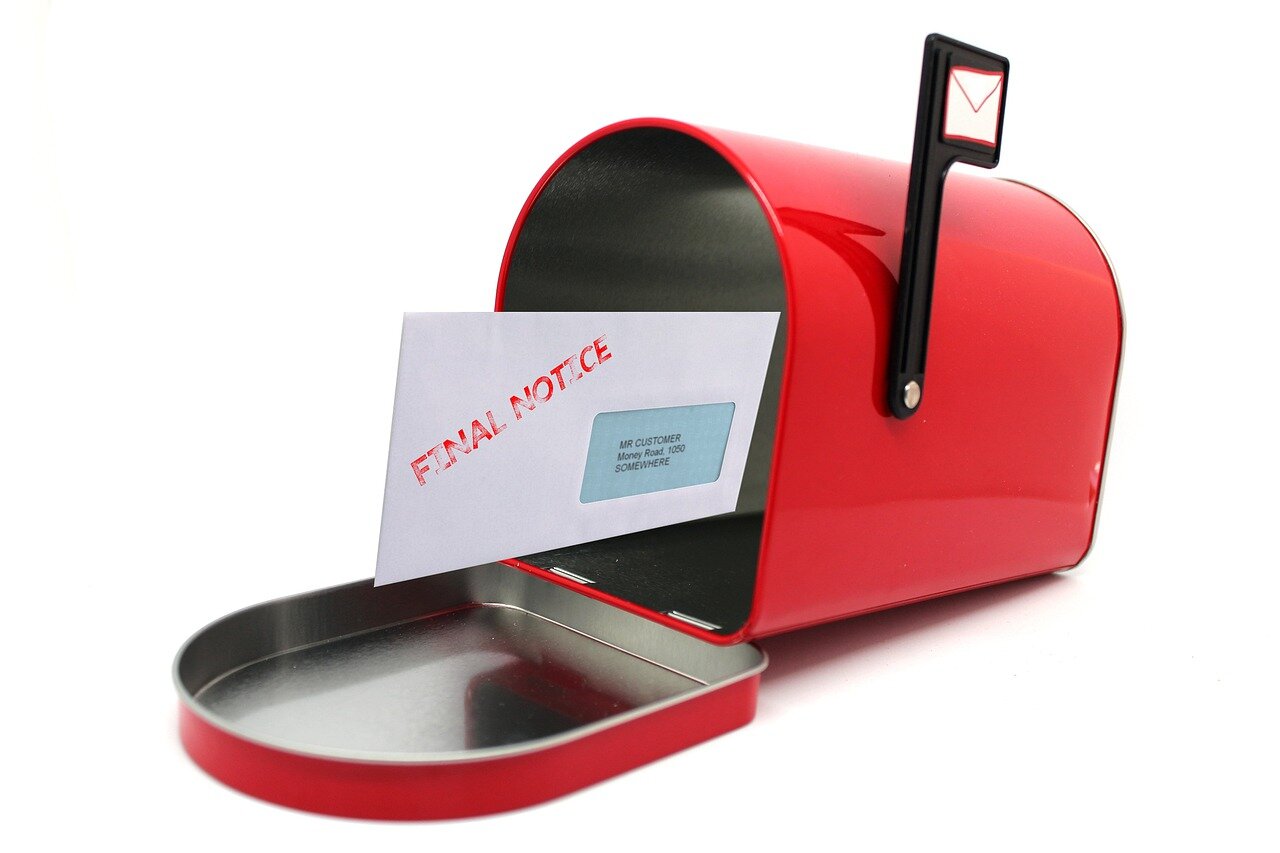“Flying may not be all plain sailing, but the fun of it is worth the price.” — Amelia Earhart
As far as the history of aviation goes, May 21 is a high-flying day. In 1922, Charles Lindbergh landed at Le Bourget Field outside of Paris to become the first person to make a nonstop solo flight across the Atlantic Ocean. Ten years later, in 1932, Amelia Earhart became the first woman to make that solo flight across the Atlantic, landing near Derry in Northern Ireland. These milestones in aviation history made us wonder about the history of aviation law. It is not an area that we hear too much about here at the Harris County Law Library.
Generally speaking, aviation law encompasses the regulation of pilots, aircrafts, air carriers, and aviation facilities; the extent of ownership of airspace; the imposition of civil and criminal liability resulting from the operation of an aircraft; and the application of tort liability and principles in the event of an aviation accident. The first known lawsuit involving aviation was Guille v. Swan, a case decided in 1822 in New York. Plaintiff Swan sued defendant Guille in an action of trespass. Apparently, Guille has ascended in a balloon not too far from Swan’s garden. Somehow, Guille became entangled and called for help, causing the crowd that was following the balloon to trample upon Swan’s vegetables and flowers as they raced to his rescue. Swan sought to recover $90 for the damage that Guille and the crowd caused to his garden. The court found Guille liable for the entire amount, not just the damage caused by his balloon. On appeal, the court affirmed the lower court’s judgment, finding that because of his perilous situation and cries for help, Guille should have foreseen the crowd and the resulting damage.
Of course, aviation law has evolved quite a bit from that first lawsuit involving an errant balloon. It has developed into a highly regulated field, falling under the purview of the U.S. Department of Transportation. It all began with the Air Commerce Act of 1926, which gave the Secretary of Commerce regulatory powers over the registration and rating of aircraft and the establishment of air traffic rules. This was repealed and followed by the Civil Aeronautics Act of 1938, which, among other things, established the Civil Aeronautics Authority (CAA), an independent agency tasked with promoting and regulating the air industry, investigating accidents, and advocating safety. The modern era of aviation law came with the enactment of the Federal Aviation Act of 1958, which, although retaining the Civil Aeronautics Board (CAB) (which came about when the CAA was split into two agencies: the CAB and the Civil Aeronautics Administration), called for the creation of the Federal Aviation Agency, which would be responsible for civil aviation safety. The Federal Aviation Agency is the predecessor of today’s Federal Aviation Authority (FAA). The FAA, an agency under the U.S. Department of Transportation, is now responsible for not only the management and regulation of airports and airspace but also the commercial space launch industry. Investigations into aircraft accidents was transferred to the newly-created National Transportation Safety Board in 1967 when the new Department of Transportation was established.
Aviation law, however, is not all about regulation. Aviation tort law developed from the early cases involving balloon accidents and has evolved to include cases involving helicopters, gliders, and other aircraft. Legal actions in the area of aviation law assert claims based on the legal concepts of negligence, breach of contract and warranty, strict liability, ultrahazardous activity, nuisance, and trespass. Injuries can occur in a variety of circumstances, from those occurring during taxiing or takeoff to those caused by the aircraft’s sonic boom. Actions can also come in the form of products liability claims with allegations of breach of warranty, breach of a manufacturer’s duty of care, and enforcement of strict liability. Criminal liability can result under state and local law, as well as under the Federal Aviation Act. Despite federal preemption in most other areas of aviation law, states can impose criminal sanctions for such actions as unlawful operation of an aircraft over its land and waters, the operation of an aircraft while intoxicated, and reckless operation of an aircraft. Federal crimes include: aviation theft, aiming a laser pointer at an aircraft, and interference of safe operation of an aircraft. Offenses under the Federal Aviation Act include piracy and hijacking, carrying weapons or explosives on board an aircraft, interference with flight crew and attendants, and providing false information.
Aviation has certainly come a long way since those early days of the Wright Brothers, Lindbergh, and Earhart, and we’ve been flying high ever since.







